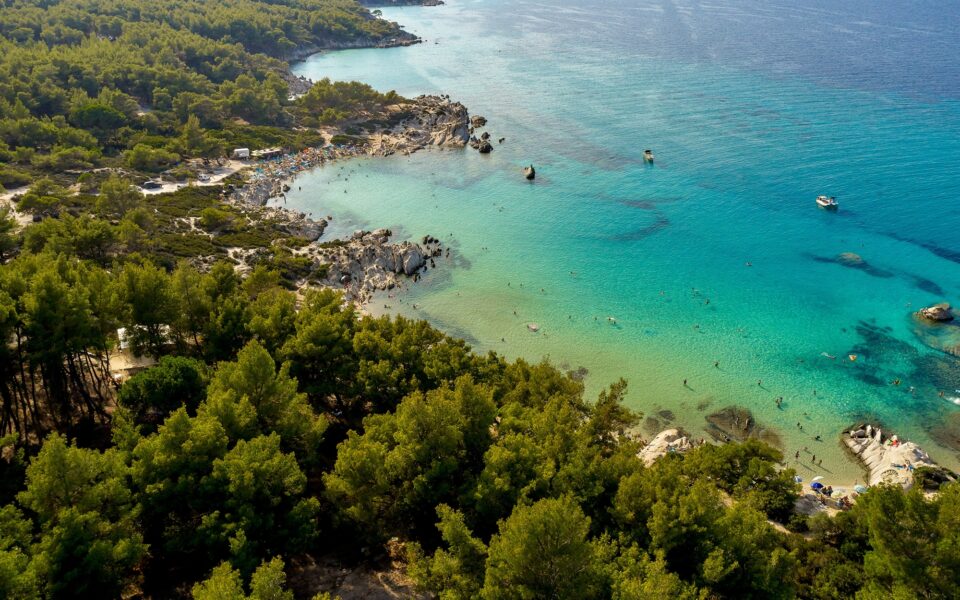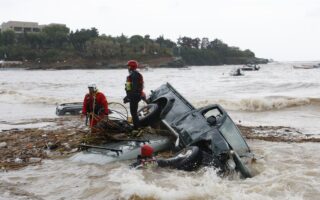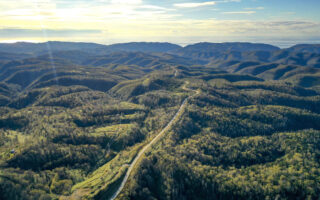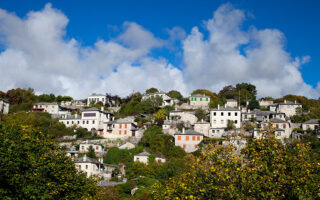Another poke in the eye for environmental protection

It went largely unnoticed. It was an amendment slipped into a piece of draft legislation on measures to support the families of the victims and the survivors of the Tempe rail crash, which essentially paves the way for a special new service – a “tourism development zoning office” if you will – that will be responsible for issuing construction licenses for hotel projects of 300 rooms or more.
What this amendment represents is another big step toward the emancipation of tourism development. It is an expansion of legislation that works in favor of tourism facilities, which started making an appearance a decade ago with the excuse of the economic crisis and has since grown little by little.
The different forms of organized tourism developments, as represented by acronyms like ESHASE (Special Spatial Development Plans for Strategic Investments) and ESHADA (Spatial Development Plans for Public Real Estate), or areas with mixed types of accommodation, are slowly being unfettered from zoning and environment rules. The only thing keeping them in check is that they need to be approved by presidential decree, which means that they first need to be checked by the Council of State, the country’s highest administrative court.
These developments can be sited in areas that are not inside a town plan or a licensed zoning area, and they can be in areas that are designated as forestland, which had been subject to strict restrictions on construction, or that had not been built at all.
Their developers can expropriate privately owned land, unify plots, build bridges on beaches, stretch right down to the water’s edge, carve roads and build golf courses in places that have serious problems with drought.
The next step will be giving the new licensing authority jurisdiction for conducting inspections and issuing fines for zoning or environmental violations – in a similar way to another agency that was created to allow churches to be built with fewer restrictions. All it takes is someone to ask for it and the ministries of Development, Environment and Tourism will probably be happy to oblige.
No one is arguing that tourism is not very important for the Greek economy. No one is arguing that the country does not have enough other “industries” bringing in revenue and does not appear likely to be acquiring them anytime soon. However, if the introduction of a special, privileged framework for tourism can be justified in a country struggling with bankruptcy, what excuse is there today for not only maintaining the framework, but actually expanding it continuously and adding even more privileges?
I am very much afraid that the next generation will not be happy to be saddled with the eyesores being planned for our seashores, just as we were saddled with those massive units built on the islands during the dictatorship. Because when it comes to such interventions in the natural environment, in the landscape, they are, unfortunately, there to stay.





